Understanding drama and theatre
Theatre roles - OCR
Theatre is a collaborative art form, with lots of people working together to move a play from page to stage.
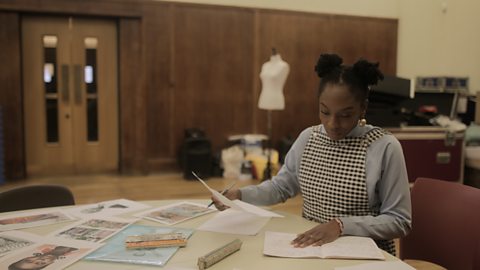
Characteristics of a dramatic work - OCR
It is important to understand the characteristics of dramatic work to make sense of a play.

Staging - OCR
The way that a performance space is arranged will impact how a show is staged and performed.
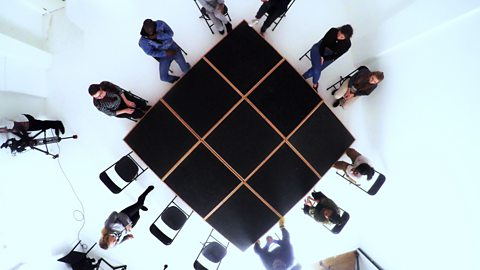
Stage positioning - OCR
Stage positions are used to help keep track of how performers and set pieces move during rehearsal and performance.
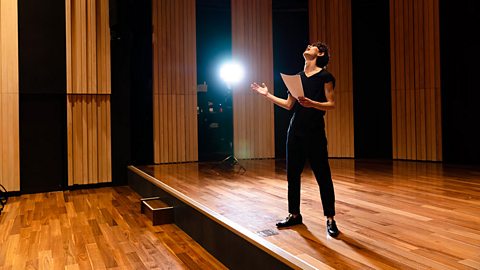
Performing characters
Physical skills for interpreting a character - OCR
Performers use a range of physical skills to portray a character. Their physical choices can also convey the character鈥檚 feelings.
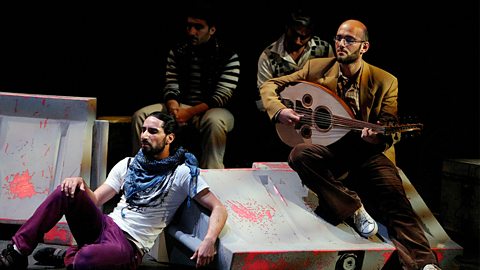
Vocal interpretation of a character - OCR
Performers use a range of vocal skills to create characters and express how those characters are feeling.

Theatre design
Set design - OCR
The set is the space where the performance takes place and is crucial in helping to convey the setting.

Costume design - OCR
A costume is what a performer wears on stage. Everything the performer wears, including wigs and make-up, has to be carefully considered by a costume designer.

Lighting design - OCR
Lighting design is an important aspect of theatre design that helps to create meaning, mood and atmosphere on stage.
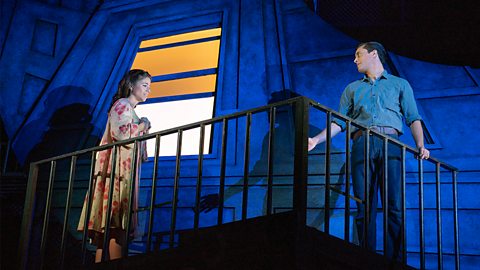
Sound design - OCR
Sound and music are used in theatre to convey meaning and atmosphere. Technical aspects need to be considered, as well as the selection of appropriate sources.
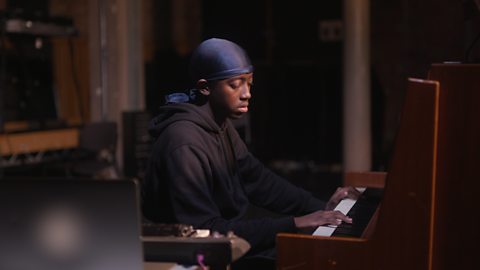
Devising
Responding to a stimulus - OCR
There are different dramatic techniques that can be included in a practical piece of work, including both vocal and physical elements, to help to bring a stimulus to life.

Developing an idea - OCR
It is vital to employ a range of exploratory techniques to develop and work on initial ideas for a devised piece.
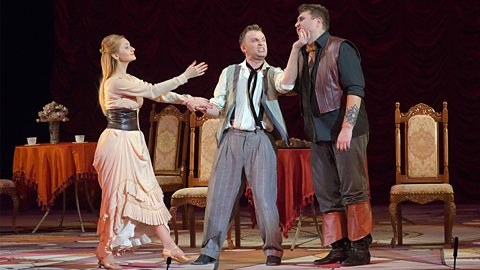
Selecting a genre or performance style - OCR
There are many genres and styles that can be explored in the initial stages of a devised piece to develop and steer it. It is vital that the chosen genre or style will work for the target audience.

Selecting a practitioner - OCR
Different theatre practitioners use various methods for performance and design and these can be used as an influence when creating a piece of theatre.
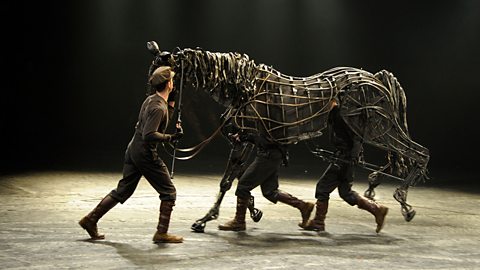
Rehearsing for a performance - OCR
There are several stages within the rehearsal process to refine both design and performance elements.
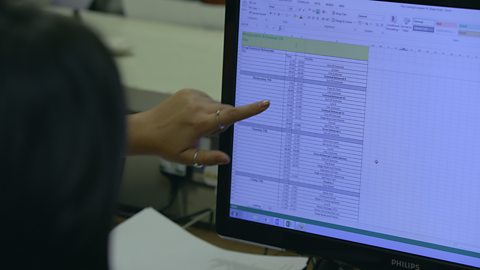
Refining a performance - OCR
There are many ways that a performance can be refined and developed by both performers and designers.

Interpreting and performing a character - OCR
There are several tools available to performers when interpreting and performing a character, all of which can be experimented with.
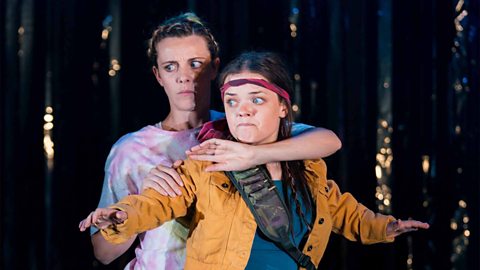
Designing for productions - OCR
There are several different designers working within each production. Each is responsible for communicating meaning to an audience through their designs on stage in a variety of ways.

Health and safety considerations - OCR
Being aware of health and safety requirements is essential for performers and designers when creating and performing drama, to prevent injury.
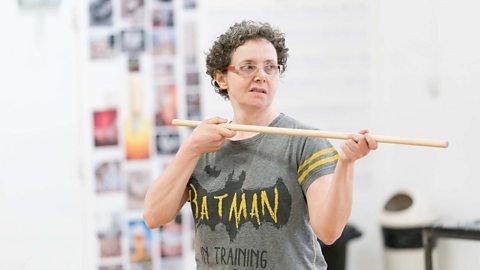
Creating a portfolio or devising log - OCR
Creating a portfolio or devising log is a creative and developmental process. The end result documents the procedure of devising a piece of drama.

Scripted drama
Features of a script - OCR
Playwrights use the features of scripts to communicate to directors, performers and designers how to bring the play to life and take it from page to stage.
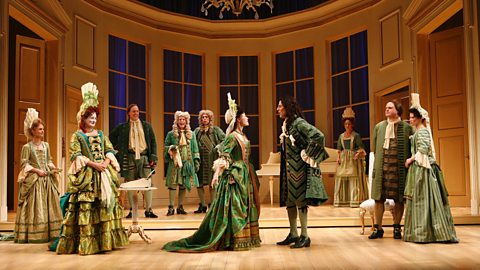
Performing a script - OCR
Performers aim to communicate a script effectively, using various acting skills to engage the audience and sustain their interest throughout a performance.

Designing for a scripted performance - OCR
Designers need to create a design that contributes to the overall effect of the performance and communicates its intended meaning to the audience.
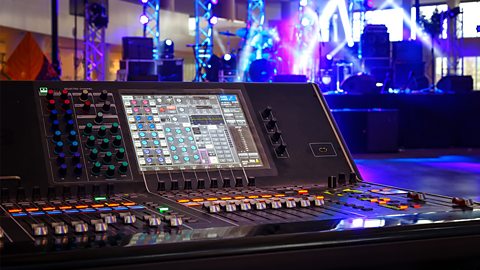
Written exam
How to answer set text exam questions - OCR
The written exam contains questions on a set text studied during the course, to test knowledge and understanding of how drama is developed and performed.

Live theatre evaluation - OCR
Live theatre evaluation involves analysing and evaluating a piece of theatre while demonstrating knowledge and understanding of how theatre is performed.
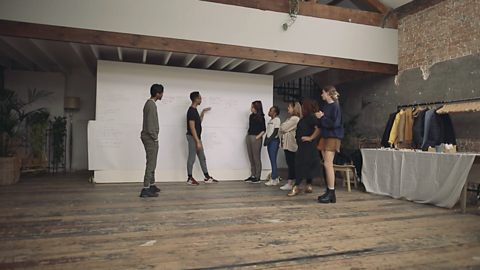
Links
- External linkExternal link
- External linkExternal link
- SubscriptionSubscription